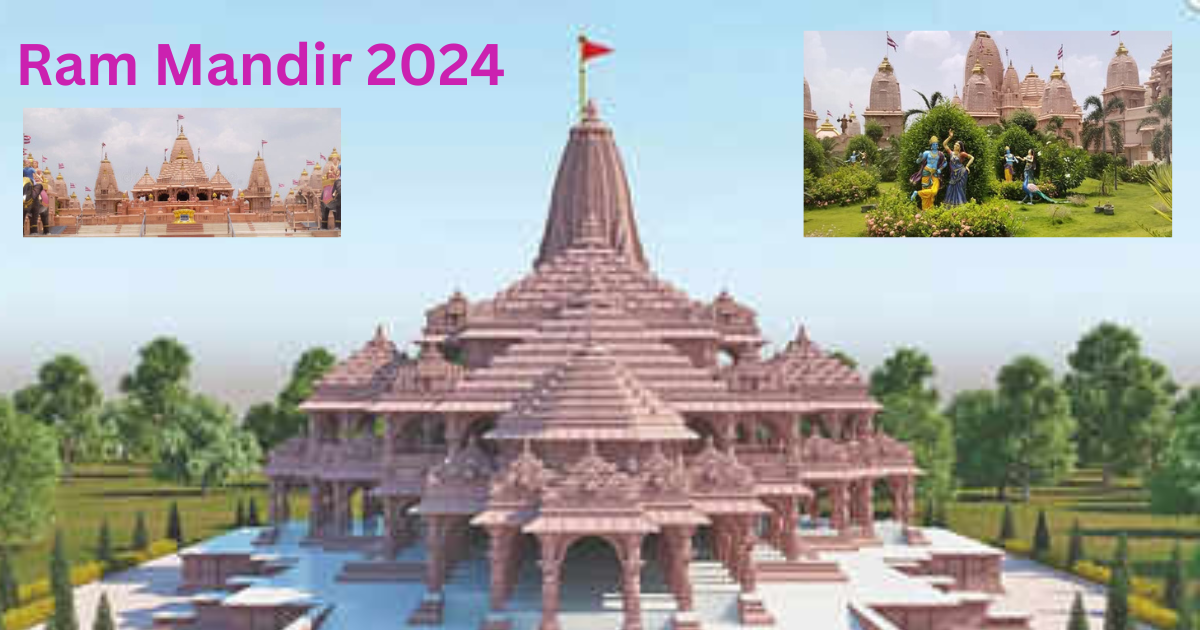The Israeli-Palestinian Conflict: A Longstanding Struggle for Peace
Introduction
One of the longest-running and most complicated conflicts in the world, the Israeli-Palestinian conflict has its roots in a long history of political, cultural, and religious strife. A sustainable peace has eluded the region for decades despite numerous wars, revolutions, negotiations, and ceasefires. This essay examines the Israeli-Palestinian conflict's historical background, significant incidents, and efforts to find a solution.1.Historical Roots
The Israeli-Palestinian conflict has its roots in the Zionist movement that propelled waves of Jewish immigration to Palestine in the late 19th and early 20th centuries. The British Mandate encouraged this immigration, which raised tensions with the Arab people who saw it as a threat to their sense of national identity.
1.1948 Arab-Israeli War: The first Arab-Israeli war broke out in 1947–1948 following the United Nations' decision to divide Palestine into Jewish and Arab governments. When 2.Israel proclaimed its independence in 1948, nearby Arab nations invaded. Thousands of Palestinian Arabs were uprooted as a
3.result of the conflict, which led to the creation of Israel.Tensions rose once more in 1967, resulting in the
4.Six-Day War between Israel: and many Arab nations. During this fight, Israel took control of the West Bank, Gaza Strip, and East Jerusalem, paving the way for
5.future conflicts.Oslo Accords (1993): By recognizing both Israel and the Palestine Liberation Organization (PLO),
6.the Oslo Accords represented an important step toward peace. However, putting a two-state solution into practice remained 7.difficult.Second Intifada (2000–2005): The Palestinian uprising known as the Second
1.Quest for Peace
The United States, the United Nations, and the European Union have all participated in efforts to find a peaceful settlement to the Israeli-Palestinian issue. These peace endeavors' essential components include:
Two-State Solution: The widely accepted solution calls for the coexistence of a safe Israel and a prosperous, independent Palestine.
Negotiations: There have been numerous attempts at peace talks, including the Camp David Accords in 2000, the Annapolis Conference in 2007, and the John Kerry-led negotiations in 2013 and 2014, but no definitive agreement has been reached.
Resolutions passed by the UN: The UN has adopted a number of resolutions to address the issue, highlighting the value of a two-state solution.
Challenges
The Israeli-Palestinian conflict has a number of obstacles, such as:
Israeli settlements: in the West Bank pose a significant barrier to peace because they make it more difficult to establish a comprehensive Palestinian state.
Palestinian Political: Division: A unified Palestinian representation has been hampered by the division between the Gaza-based Hamas and the West Bank-based Fatah.
Israeli security considerations: frequently conflict with Palestinian aspirations, making compromises challenging.
The Israeli-Palestinian conflict
remains a deeply rooted, multifaceted dispute with complex historical, political, and religious dimensions. Finding a just and lasting solution is an ongoing challenge that demands continued international engagement, dialogue, and, most importantly, a commitment to peaceful coexistence. The journey to peace in the region is marked by numerous obstacles, but the hope for a resolution endures, for the sake of both Israelis and Palestinians and the broader pursuit of global peace and stability.
Conclusion
The Israeli-Palestinian conflict continues to be a complicated, deeply ingrained conflict with nuanced historical, political, and religious aspects. Finding a fair and enduring solution is a never-ending problem that necessitates continual international participation, communication, and, most importantly, a dedication to peaceful cohabitation. Despite the many challenges in the way of regional peace, both Israelis and Palestinians as well as the larger goal of world peace and stability continue to hold out hope for a solution.










Comments
Post a Comment